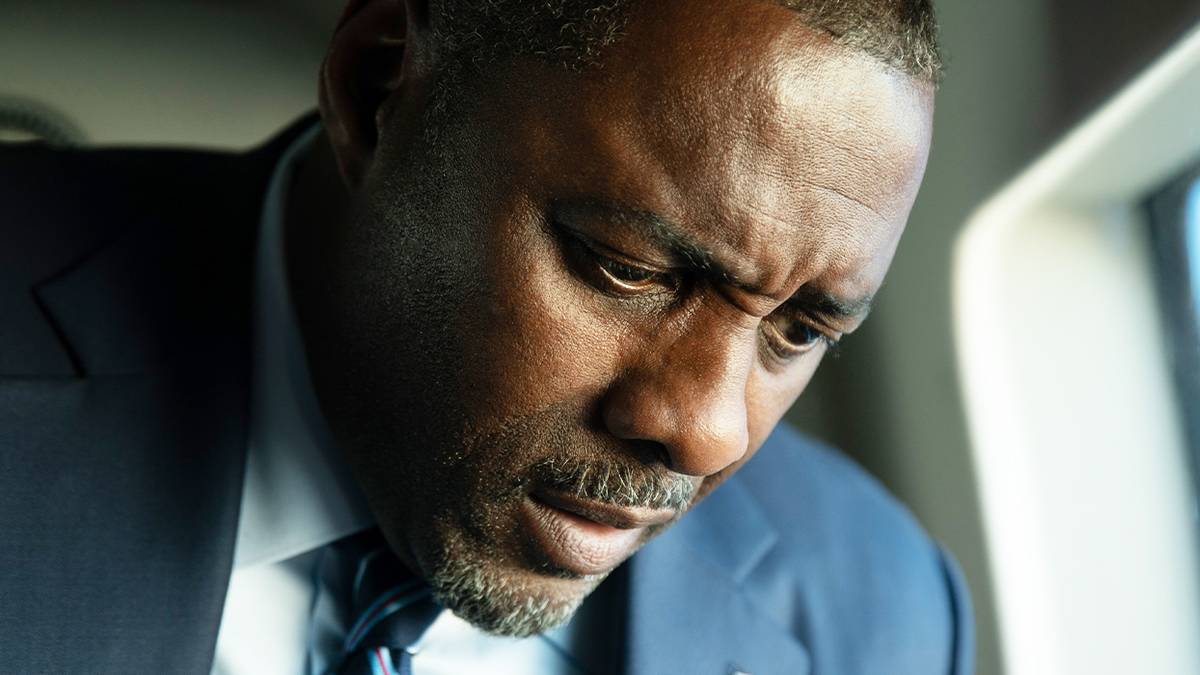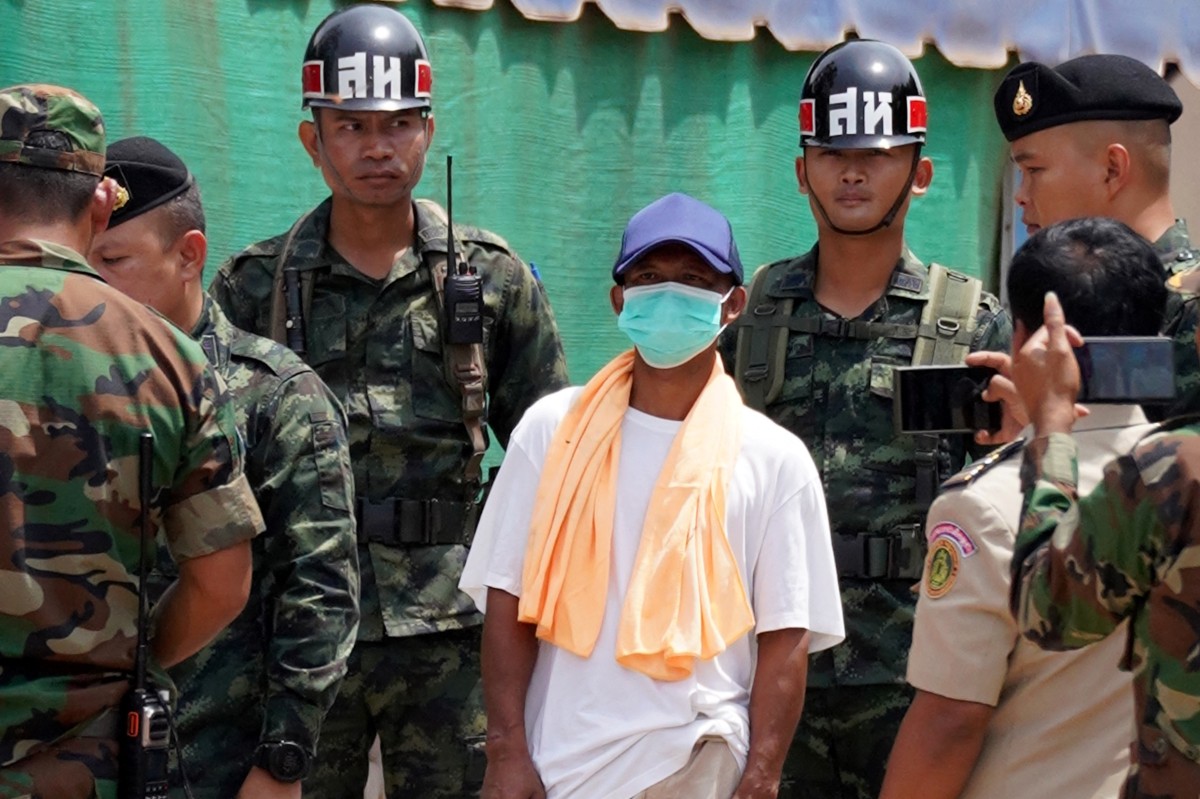Regional Rift Erupts: Thailand Gears Up to Sue Cambodia in International Court Amid Border Crisis

Tensions between Thailand and Cambodia have been a subject of significant diplomatic activity and public discourse, with various allegations, legal discussions, and international observations marking the ongoing situation. The Thai Ministry of Foreign Affairs recently issued a forceful denial of social media claims, initially cited by Cambodia’s Minister of Information, alleging that Thailand was planning the assassination of Cambodian leaders Hun Sen and Hun Manet. Nikorndej Balankura, Director-General of the Department of Information, unequivocally stated that these accusations were unfounded and aimed at defaming Thailand, especially detrimental during General Border Committee (GBC) discussions intended to resolve the situation peacefully. This incident highlights a broader issue of disinformation, with the Ministry of Digital Economy and Society reporting that a majority of the top fake news items revolved around the Thai-Cambodian border conflict.
Another critical aspect of the bilateral relations concerns the detention of Cambodian prisoners of war (POWs) by Thailand. The Royal Thai Army spokesman, Maj Gen Winthai Suwaree, asserted Thailand's right under international law, specifically the Geneva Conventions, to detain 18 Cambodian soldiers captured on July 29. He clarified that repatriation would occur only after a concrete and fully effective ceasefire or cessation of hostilities, ensuring the detainees would not return to combat. Thailand emphasized the legality of its actions, which are understood by allied countries and international organizations. The International Committee of the Red Cross (ICRC) has been allowed to inspect the detainees' conditions, reaffirming Thailand's adherence to humanitarian principles.
The border dispute has also brought to light serious concerns regarding landmine use. An incident of a clear violation of the Ottawa Convention on landmines occurred just two days after a GBC meeting in Kuala Lumpur, where Cambodia had rejected Thailand's proposal for joint landmine clearance. Thailand has taken robust diplomatic action, with its ambassadors to the UN in Geneva and New York protesting these incidents and requesting international action against Cambodia for violating the treaty. To assess these allegations, the Royal Thai Army led an ASEAN Interim Observation Team (IOT) to the Thai-Cambodian border. This mission followed previous successful visits organized by the Thai government for ASEAN envoys and Ottawa Convention representatives, who witnessed evidence of anti-personnel mines allegedly laid by Cambodian troops and interviewed affected residents in Si Sa Ket province.
In parallel, the ICRC conducted visits, facilitated by the RTA and Ministries of Foreign and Interior Affairs, to assess the humanitarian impact of cross-border attacks on civilians in Surin, Si Sa Ket, and Ubon Ratchathani provinces. The ICRC gathered facts and interviewed affected civilians, compiling confidential reports for submission directly to both Thailand and Cambodia, underscoring Thailand's commitment to humanitarian protection mechanisms. The escalating tensions have even led to discussions of legal recourse against Cambodian leaders. Acting Prime Minister Phumtham Wechayachai confirmed that academics might submit a proposal to the government to consider suing Cambodian Prime Minister Hun Manet and his father, Hun Sen, in the International Criminal Court (ICC) as war criminals. This comes after the National Security Council (NSC) resolved to file both criminal and civil lawsuits against them in Thai courts for causing deaths, injuries, and property damage to Thais by ordering Cambodian troops to fire at Thai civilians.
Furthermore, allegations of Cambodian encroachment on Thai soil have been a significant point of contention. Government spokesman Jirayu Houngsub stated that Cambodians had betrayed Thai hospitality and humanitarian aid by establishing a community at Ban Nong Chan village in Sa Kaeo. This area, initially a temporary shelter for Cambodian civil war refugees in 1977, was allegedly exploited by Cambodia to encroach on Thai territory, with refugees refusing to return home and expanding their community. Thailand has accused the Cambodian government of using its citizens as a human wall to provoke border tensions and has erected razor wire within its own boundaries to protect its territory from further encroachment and attacks, asserting that this measure does not violate GBC agreements.
You may also like...
Arsenal Dominance: Eze's 'Magic Moment' Against Former Club Propels Gunners to Top!
)
Arsenal extended their winning streak to seven games with a hard-fought 1-0 victory over Crystal Palace, thanks to Ebere...
Guardiola's Fury: Haaland Caged as Aston Villa Delivers Crushing Blow to Man City's Title Hopes!
)
Manchester City suffered a 1-0 defeat against Aston Villa, with Matty Cash scoring the decisive goal. Pep Guardiola refl...
Iconic 'Sailor Moon' Returns to Netflix After Years of Streaming Turmoil

Sailor Moon Crystal has made a welcome return to Netflix in the U.S. and Canada, bringing a faithful adaptation of the i...
Anime Dominates Box Office as 'Chainsaw Man' Smashes Records, 'Springsteen' Falters

Crunchyroll's “Chainsaw Man – The Movie: Reze Arc” soared to the top of the box office, affirming anime's growing global...
Global Power Couple Alert: Katy Perry & Justin Trudeau Confirm Romance in Paris Debut!

Katy Perry and Justin Trudeau have officially confirmed their relationship, making their first public appearance as a co...
Taylor Swift's 'Showgirl' Album Reigns Supreme for Third Week on Billboard 200!

Taylor Swift’s "The Life of a Showgirl" achieves its third consecutive week at No. 1 on the Billboard 200 chart for Nove...
Inside 'A House of Dynamite': Stars Unveil Nuclear Thriller's Political Depths

"A House of Dynamite," Kathryn Bigelow's latest political thriller, features an all-star cast including Jared Harris and...
Climate Crisis Unleashes New Health Threats Across Africa; 'One Health' Solution Emerges

The One Health approach is critical for Africa's climate change and global health resilience, integrating human, animal,...
